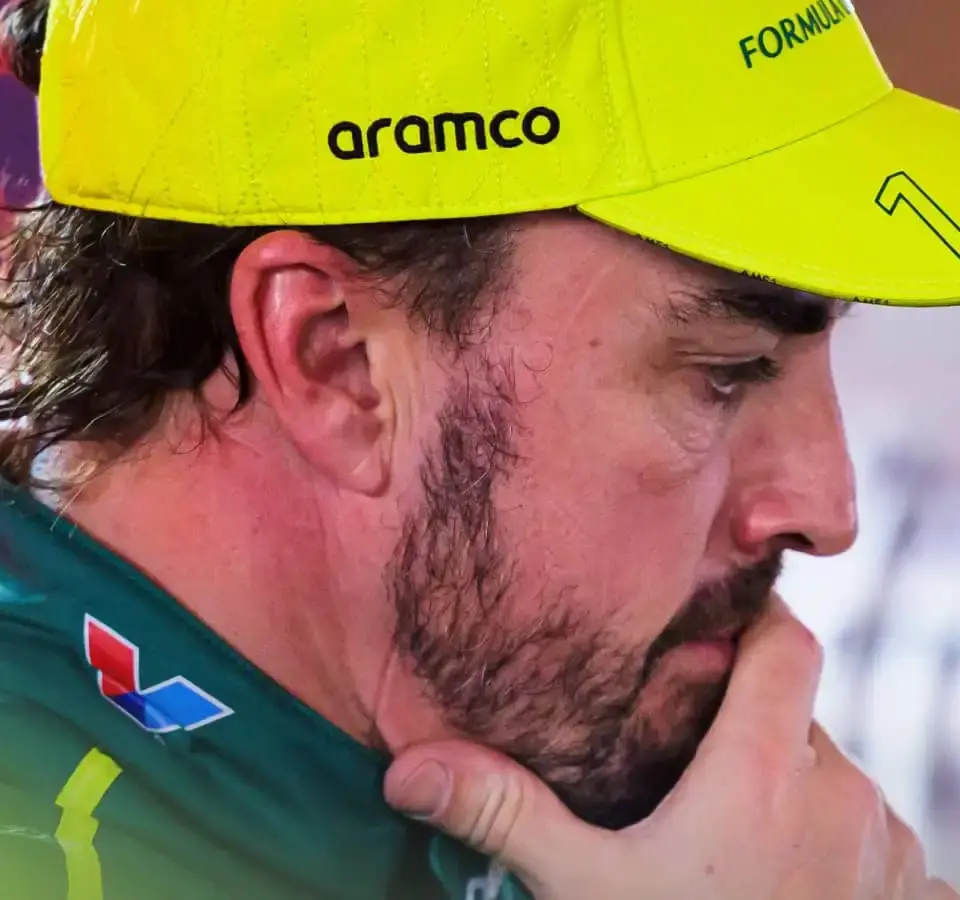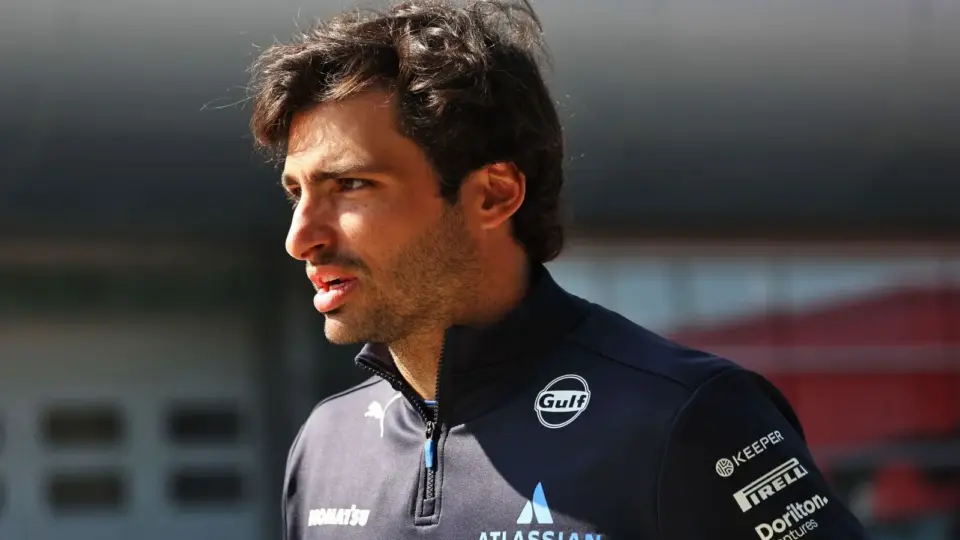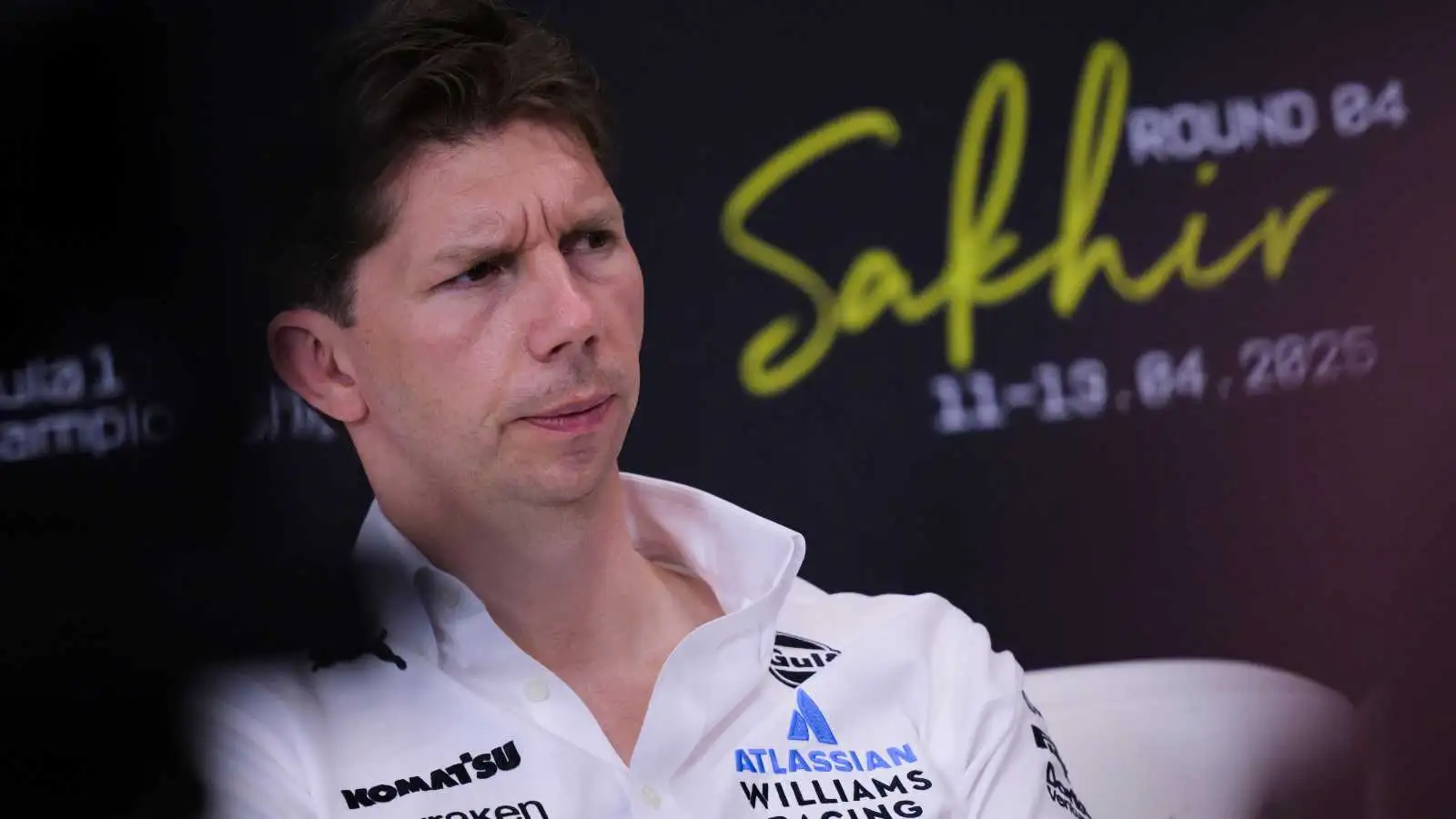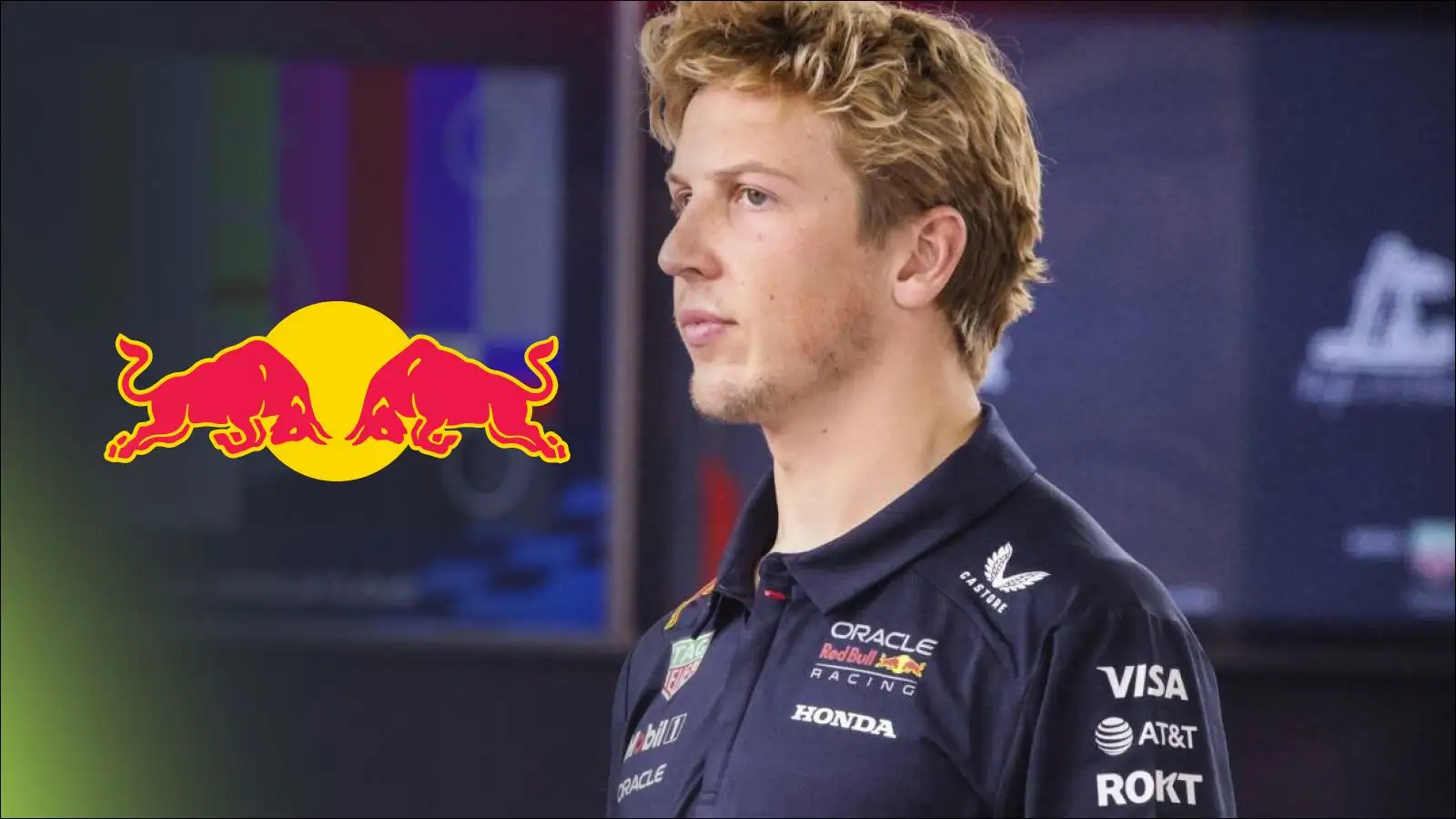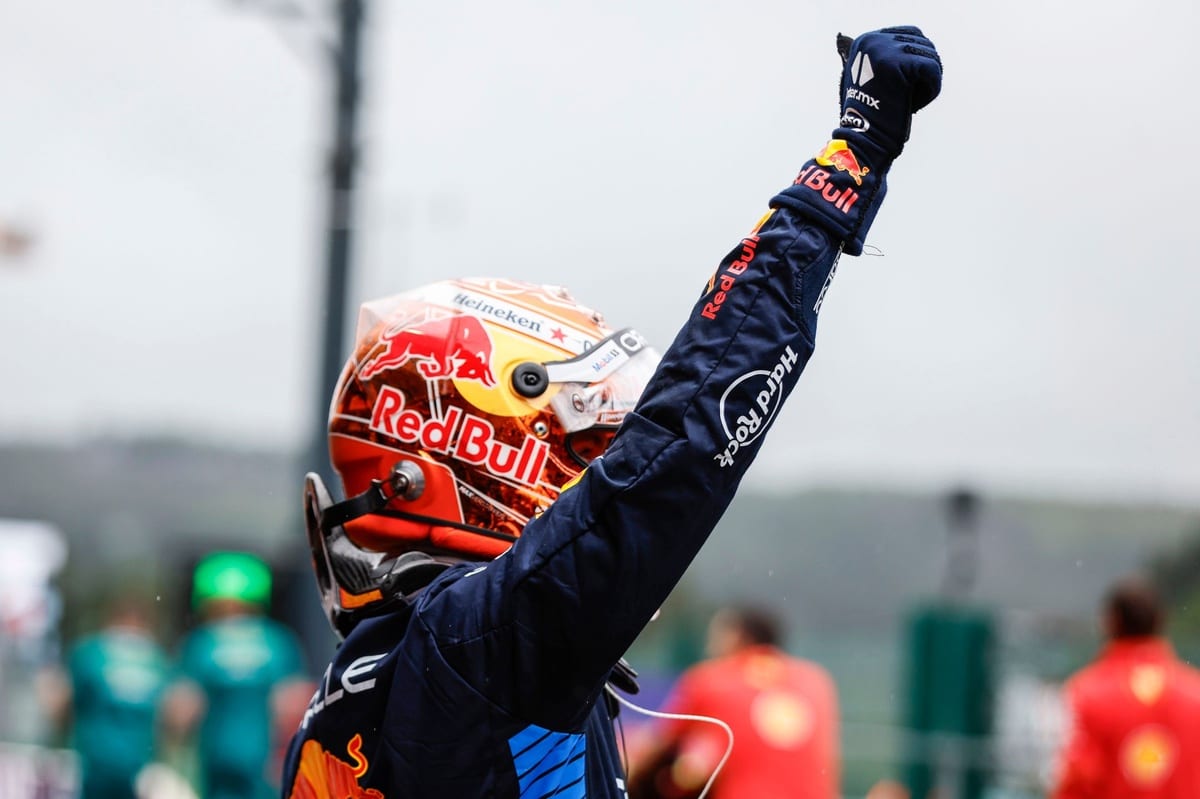Fernando Alonso, the seasoned F1 racer, cherishes the days of roaring V10 engines. However, he believes the return of these engines might not be the best move. The F1 legend’s opinion is rooted in the evolving landscape of technology and sustainability in motorsports.
Back in the day, the V10 engines powered some of Alonso’s most memorable races. But as the world has shifted gears towards sustainability, Alonso suggests F1 should too. While the nostalgia of the V10 era is undeniable, the future might call for a more pragmatic approach.
The Changing World of F1 Technology
Alonso, having first raced in F1 back in 2001, has witnessed the evolution of the sport firsthand. The roar of the V10 engines was an exhilarating experience, one that holds a special place in his heart. These engines powered him to his first World Championship with Renault in 2005, creating memories that are hard to forget.
Despite this fondness, Alonso acknowledges the need to adapt to the changing world. As sustainable technologies now become part of our daily lives, F1 cannot ignore these advancements. Embracing newer technology, he argues, is essential for the sport’s future.
The governing body of Formula 1, the FIA, has been exploring the idea of V10 engines making a comeback. But with new engine regulations on the horizon that promise a 50/50 split between electrical power and combustion engines, it’s clear that the focus is shifting. Alonso feels that while the nostalgia is powerful, the sport needs to be cautious and forward-thinking.
Aston Martin’s Stake in the Future
Aston Martin, Alonso’s current team, is eyeing future regulations closely. They’ll be transitioning to Honda engines in 2026, a move that speaks volumes about their commitment to staying ahead of the curve. This switch is critical, especially as Honda had initially planned to exit the sport.
Lance Stroll, Alonso’s teammate at Aston Martin, also offers his perspective. He suggests that while the nostalgic appeal of past engines is strong, the focus should remain on the current path. There’s been significant investment in researching and developing sustainable fuels and lighter vehicles for the next set of regulations.
Stroll believes that once these are implemented, there might be room to explore alternatives. His vision of future F1 cars includes lighter vehicles that run on sustainable fuels but still pack the performance punch fans love.
Weighty Issues in Formula 1
Current F1 regulations set a minimum car weight of 800kg, excluding fuel but including the driver. The increased weight comes from the hybrid technology in use, something that both Alonso and Stroll have noticed.
Stroll recalls stepping up from Formula 3 to F1 and the noticeable difference in handling because of the weight. The heavier cars, laden with hybrid tech, don’t offer the nimbleness of their predecessors. This shift has been a point of discussion within the paddock.
Both drivers seem to agree that a balance needs to be struck. While hybrid technology represents progress, the essence of racing should also be preserved – cars that are not only fast but also thrillingly agile.
The Call for Sustainable Racing
Sustainability is now at the forefront of F1’s future plans. The upcoming rules aim to make the sport more eco-friendly, without compromising on excitement.
Alonso points out that the engine technology used in F1 reflects wider automotive trends. So, it’s crucial that F1 aligns with developments in road car technology.
The need for a sustainable yet powerful product stands. As Alonso states, ‘We cannot be away from the world in a way.’ This emphasis on sustainable progress echoes across F1 teams.
Nostalgia vs. Progress
There’s no denying the allure of the past, and V10 engines are a significant part of F1’s rich history. Yet, Alonso emphasizes the importance of looking ahead. The future of F1 lies in sustainable innovation, a point he believes should not be overlooked.
While it’s natural to feel sentimental, the focus should be on harnessing technology to improve the sport. This means adopting efficient engines that do not contribute to the growing environmental concerns.
Alonso’s message is clear: appreciate the history, but don’t be blinded by it. The path forward should be crafted with a mix of nostalgia and innovation.
Reactions from the Track
The Bahrain Grand Prix weekend promises to be pivotal with discussions centered on the potential return of V10s. It’s a hot topic, with teams and drivers offering varied opinions.
Some folks, much like Alonso, push for sustainability and pragmatism over nostalgia. This shift is visible in the conversations that revolve around the upcoming regulations.
Yet, certain traditionalists within the F1 community are rooted in the past. They argue for keeping the sport’s essence alive, advocating for a balance between the excitement of yesteryears and modern-day innovation.
The Road Ahead for F1 Engines
For now, the focus is on the hybrid engines and biofuel integration set for 2026. Teams are investing heavily in ensuring these are a success.
Alonso might not be pushing for V10s, but he respects the process that F1 is currently undergoing. Understanding that the groundwork laid today will shape the sport’s future is key.
Whether V10s return or not, F1 is set on a path of innovation. Though questions remain, the commitment to pushing boundaries while maintaining sustainability is clear.
F1’s Future Landscape
The narrative of returning to V10s is just one piece of the broader F1 puzzle. The overarching goal remains to innovate while being mindful of the planet.
Alonso’s insights serve as a reminder of the complexities involved in balancing tradition with progress. His experiences provide a valuable perspective on the road ahead.
With regulatory changes imminent, F1 is at a crossroads. The choices made now will resonate across the sport for years to come. Keeping pace with technology, while honoring the past, is an ongoing challenge.
Conclusion on the V10 Debate
All said and done, the prospect of reviving V10 engines in F1 is captivating. However, the sport’s future hinges more on sustainability than nostalgia.
While Alonso cherishes his roaring engine days, he remains open to where the sport is headed. This openness, shared with many in the F1 community, epitomizes the sport’s enduring spirit.
In summary, Fernando Alonso embodies the spirit of F1’s evolution. While nostalgic thoughts of V10 engines linger, the focus remains firmly on sustainable progress. The future calls for engines that harmonize performance with planet-friendly principles, ensuring F1 continues to excite generations to come.
